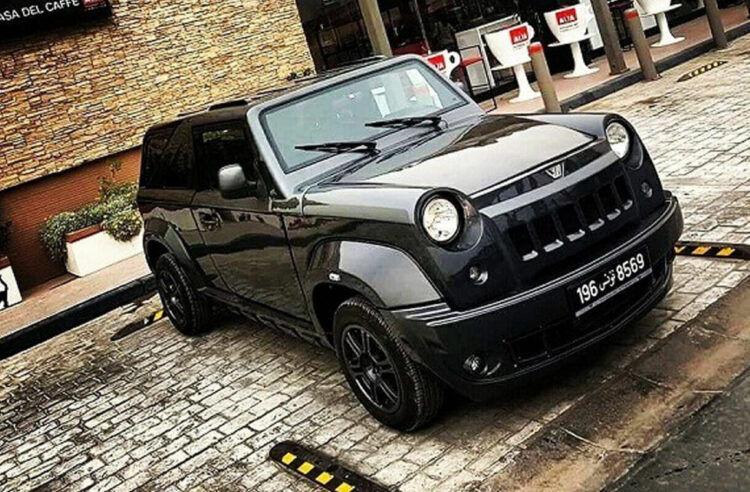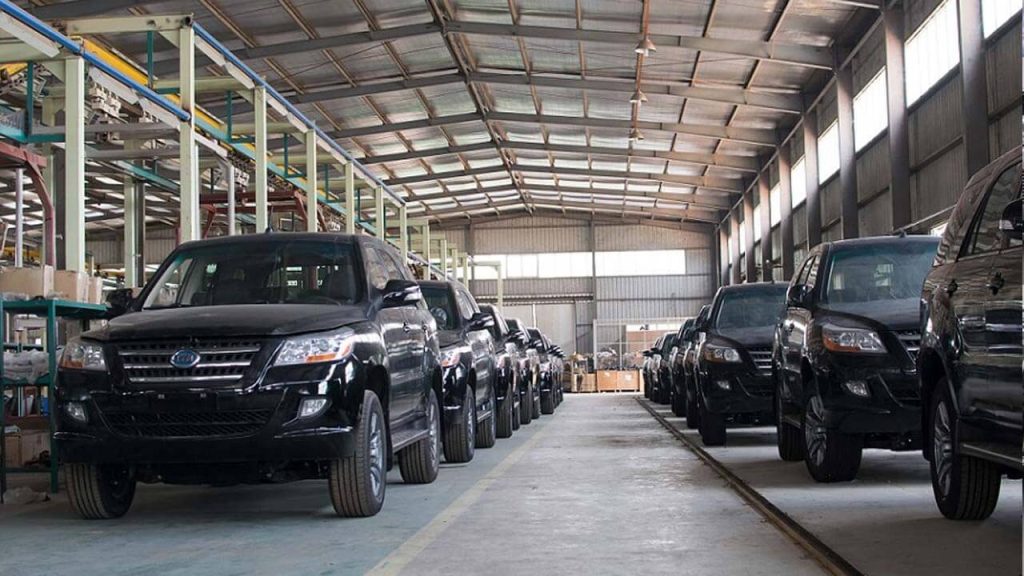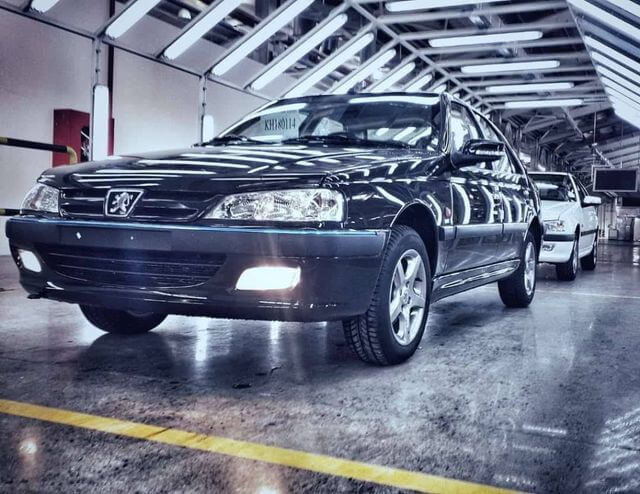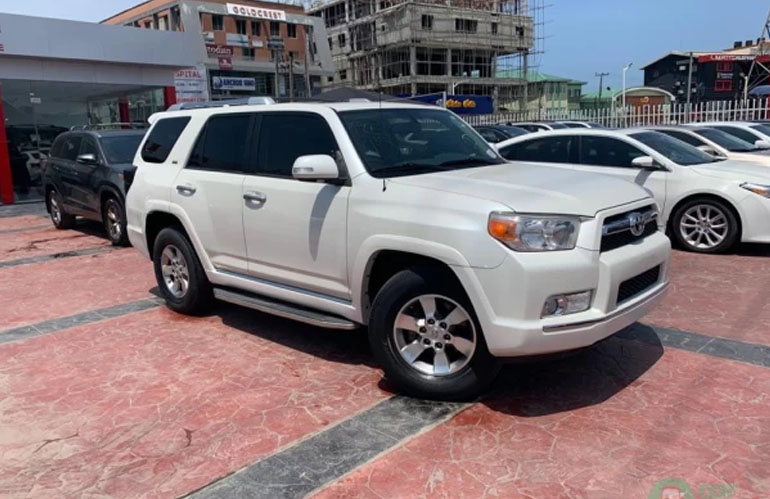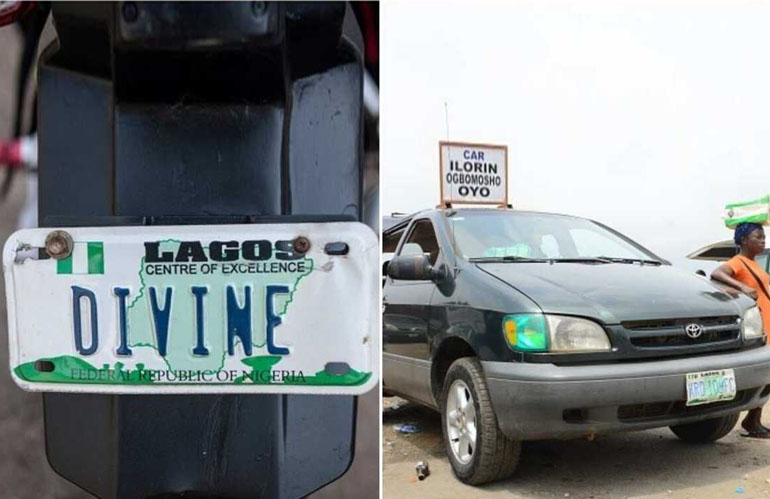Currently, the African automotive market is valued at USD 30.44 billion, and it is expected to reach USD 42.06 billion, registering a CAGR of 5.55% over the next five years.
Table of Contents
The African automotive market was most severely affected by the COVID-19 pandemic. The market is expected to reach the pre-COVID demand rates from customer industries only in mid-2023. Until then, the production facilities are expected to recover with a skewed production schedule, which may fluctuate based on demand.
Over the medium term, the African automotive market is expected to grow rapidly due to supportive government incentives and increasing urbanization in the major countries in the region, which are encouraging infrastructural developments in the region, thus creating a positive outlook for the market. Several larger countries, such as Nigeria and Kenya, are also focusing on plans to develop domestic automotive production. For instance,
Kantanka, based in Ghana, and Innoson Motors, based in Nigeria and producing automobiles as well as military vehicles, are two examples of companies that are altering the face of the automotive industry in Africa by manufacturing their own vehicles. The issue that has to be answered is, how well do these locally built automobiles perform?
Automobiles have more often been sold on the African continent than they have been manufactured here. It is estimated that over 2 million new automobiles were acquired across the African continent in 2014. Imported vehicles make up an overwhelming majority of Africa’s automotive market, both new and old. Heavy import duties are placed on the vast majority of these automobiles because of the fact that they are used.
The good news is that change is on the way as a result of select African businesses refusing to be excluded from the lucrative automotive industry. As a result, their hopes and ambitions have come true. Automobiles built entirely on the African continent are now a reality.
Top made-in-Africa cars
There are a number of African car manufacturers that produce vehicles within the continent. Some examples include:
Innoson Motors:
This company is based in Nigeria and produces a range of vehicles including sedans, SUVs, and buses.
Kiira Motors:
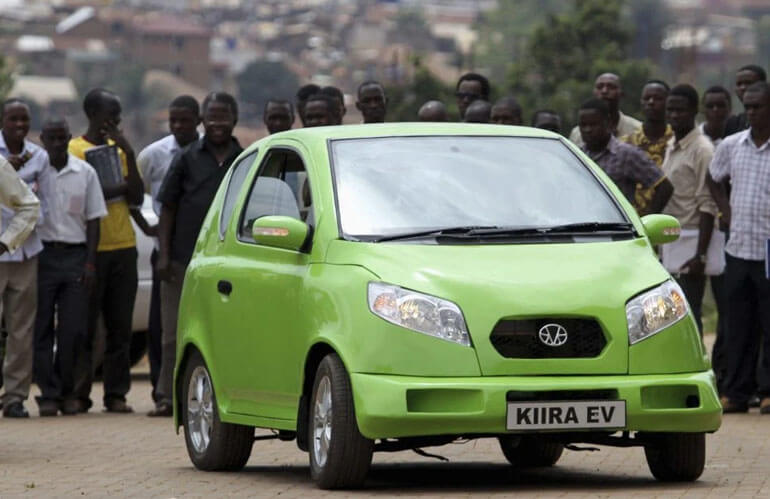
This Ugandan company produces a range of electric vehicles, including the Kiira EV and the Kayoola solar-powered bus.
Geely Auto:
This Chinese car manufacturer has a factory in Egypt, where it produces vehicles for the local market as well as for export to other countries in the region.
Peugeot:
The French car manufacturer has a number of assembly plants in Africa, including in Algeria, Egypt, and Kenya.
Toyota:
The Japanese car manufacturer has a number of assembly plants in Africa, including in South Africa, Ghana, and Morocco.
Wallyscar
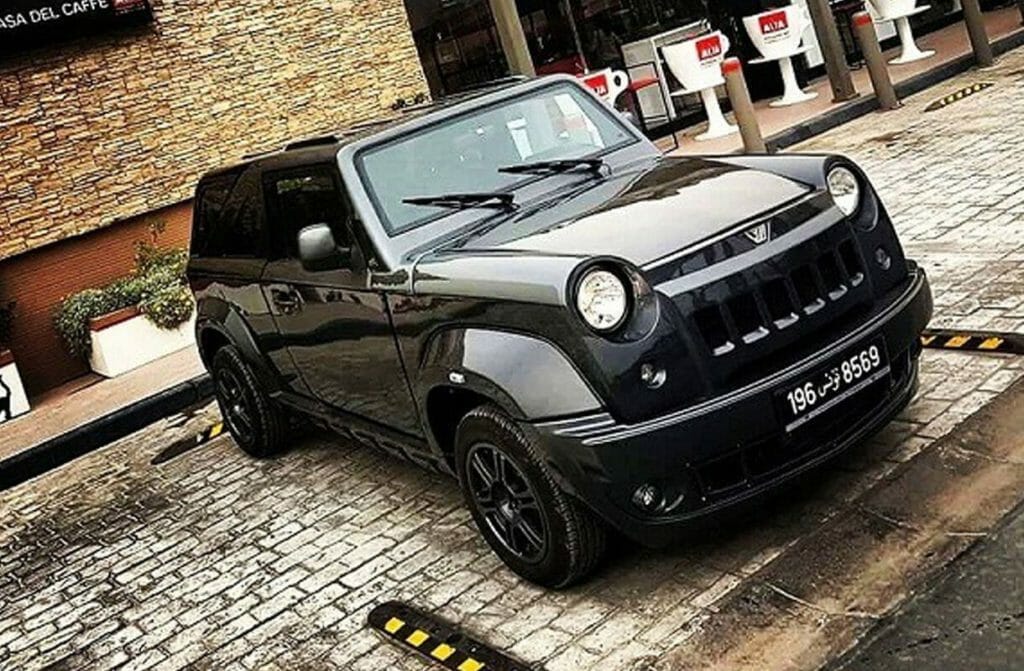
Wallyscar is a Tunisian car manufacturer, founded in 2006 and based in Ben Arous. Production is 600 units per year. The company sells in Panama, France, Spain, Qatar and Morocco. Wallyscar cooperates with the French automobile company Peugeot, using a PSA 1.4-litre petrol engine in their vehicles.
Pros of Made-in-Africa cars
There are several potential advantages to purchasing a car that is made in Africa:
- Supporting local industry: Buying a car that is made in Africa can help to support and stimulate the local economy by creating jobs and contributing to economic growth.
- Reducing reliance on imports: By purchasing a locally made car, African consumers can reduce their reliance on imported vehicles, which can help to reduce the country’s trade deficit.
- Improved affordability: Local production can help to reduce the cost of vehicles for African consumers by reducing the need for importing parts and materials from other countries. This can make cars more affordable for a wider range of consumers.
- Customisation: Local car manufacturers may be able to offer more customized or specialized vehicles that are tailored to the needs and preferences of African consumers.
- Potential for innovation: Local car manufacturers may be more attuned to the unique challenges and opportunities of the African market, which could lead to the development of innovative products and technologies.
Cons of Made-in-Africa cars
There are also some potential disadvantages to purchasing a car that is made in Africa:
- Limited model selection: Local car manufacturers may have a more limited selection of models compared to international brands, which could make it more difficult for consumers to find the exact car they are looking for.
- Potential quality issues: Local car manufacturers may not have the same level of resources or expertise as larger, international brands, which could lead to quality issues with their products.
- Limited service and support: Local car manufacturers may not have as comprehensive a network of dealerships and service centres as international brands, which could make it more difficult for consumers to get support and maintenance for their vehicles.
- Limited resale value: Local car brands may not have the same level of brand recognition or reputation as international brands, which could make it more difficult to sell the car secondhand and could lead to a lower resale value.
- Higher cost of financing: It may be more difficult to secure financing for a locally made car, as lenders may be less familiar with these brands and may consider them to be higher risk. This could result in higher interest rates and fees for consumers.
Should I buy Made-in-Africa cars?
Whether or not you should buy a made-in-Africa car is ultimately a personal decision that will depend on your individual circumstances and priorities. Some factors to consider may include:
- Your budget: If you have a limited budget, a locally-made car may be more affordable for you than an imported model.
- Your priorities: If you are interested in supporting local industry and reducing your reliance on imports, a made-in-Africa car could be a good choice for you.
- The availability of models: If you have a specific make and model in mind, it may be more difficult to find a made-in-Africa version of that car.
- Quality and reliability: It’s important to carefully research the quality and reliability of any car you are considering, regardless of whether it is made in Africa or imported.
- Service and support: Consider whether there is a good network of dealerships and service centres in your area that can support the car you are considering.
Ultimately, the best car for you will depend on your individual needs and priorities. It’s important to do your research and carefully consider all of the factors that are relevant to you before making a decision.
Have 1 million naira and above to Buy or Sell Cars In Nigeria? Check carlots.ng
All rights reserved. Reproduction, publication, broadcasting, rewriting, or redistribution of this material and other digital content on carmart.ng is strictly prohibited without prior express written permission from Carmart Nigeria - Contact: [email protected]

